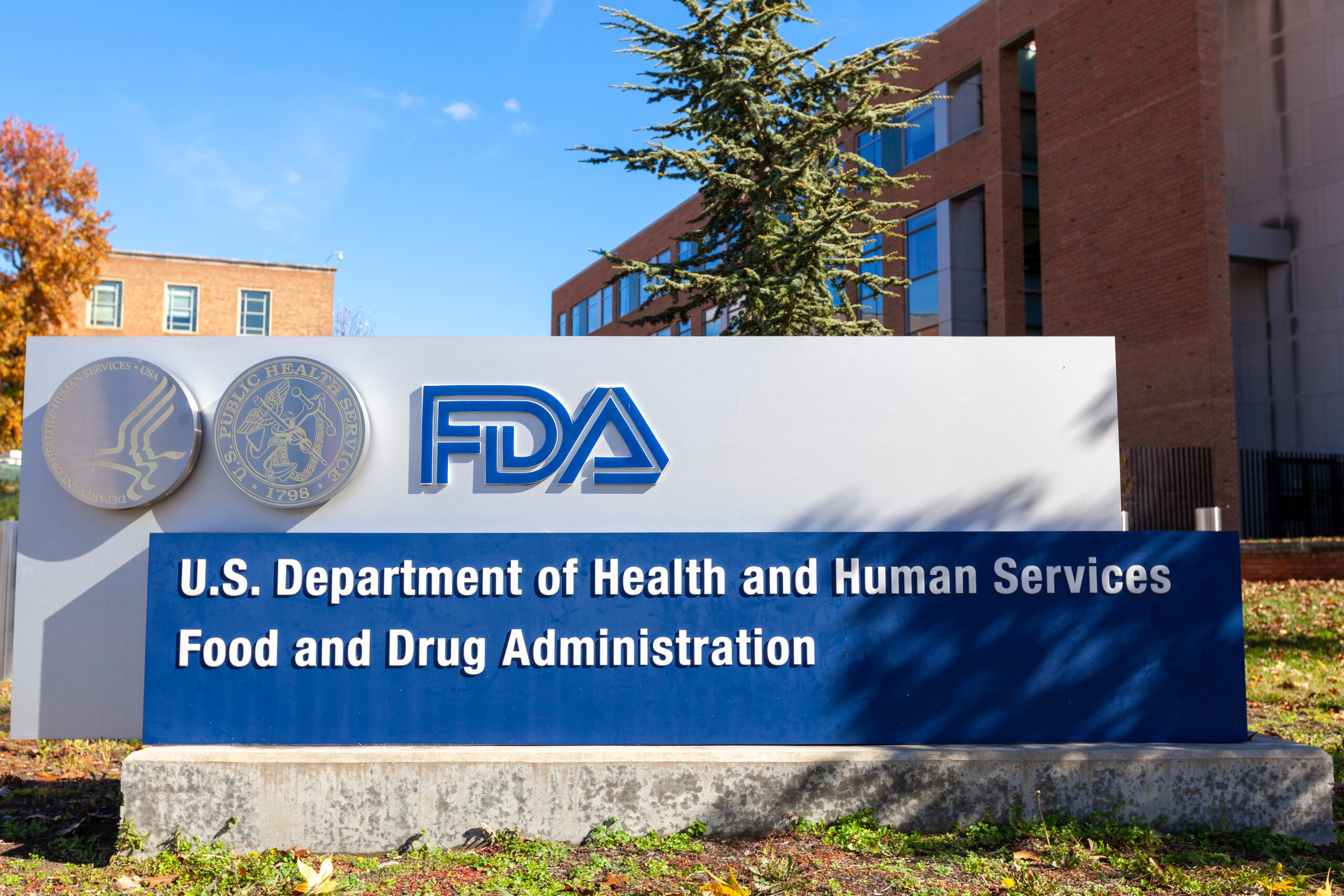Researchers at the University of Wisconsin in Milwaukee, US have developed compounds targeting specific receptors in the brain, to treat alcoholism. In contrast to other alcoholism treatments aimed at reducing dopamine levels, these beta-carbolines have been shown to reduce alcohol intake in rats by acting on an alcohol receptor on the neurons.
Since alcoholism drugs are typically derived from opioid antagonists – which can cause depression and be addictive – the researchers hope that the new drug will pose fewer negative side-effects. These opioid derivatives often act to lower levels of dopamine, and break the link between pleasure, reward, and alcohol consumption.
“If you decrease the dopamine levels then it causes anhedonia – that means you don’t feel normal joy,’ explained V.V.N. Phani Babu Tiruveedhula, a graduate student, who presented the study results at an American Chemistry Society meeting in Boston, US on August 19.
Anhedonia and other negative side-effects have not been associated with the beta-carbolines developed by Tiruveedhula and colleagues. The lack of side-effects is attributed to the difference in receptor targets between the two drugs.
Tiruveedhula’s team identified a promising compound – 3-ISOPBC·HCl – which was able to curb binge drinking in maternal-deprived rats. The rats were monitored over a two hour time period, and were capable of self-administering alcohol by the press of a lever.
Rats given a placebo pressed the alcohol-dispensing lever 145 times during the two hour period. When the rats were given a 20 mg/kg dose of 3-ISOPBC·HCl, the number of times the lever was pressed was reduced to 55. Interestingly, when the dose of the beta-carboline drug was doubled to 40mg/kg, the rats only pressed the lever 15 times.
Following the promising results in rats, the researchers commenced a primate research study, in collaboration with researchers at Johns Hopkins University in Maryland, US. While the study is currently underway, preliminary results suggest that 3-ISOPBC·HCl was able to reduce alcohol consumption by over 90%.
The researchers anticipate that the primate study will be completed in the next five months, with publication of the results occurring in about a year. The drug has shown no side-effects as of yet, and as long as trial results stay positive, the pharmaceutical could be ready for market in five to six years.
Tiruveedhula says the 3-ISOPBC·HCl would be formulated into an oral pill for humans, and that he expects this drug to be less expensive than other anti-addiction medications. This is due in part to the optimization of the drug’s synthesis, which used to take five steps but now only takes two steps.
Despite the enthusiasm about the potential treatment, Tiruveedhula’s advisor, James Cook, cautions that there is a long road ahead to ensure the drug is non-toxic and is metabolized well by the body, before it can be approved for human use.
Sources:
- New drug treatment for alcoholism shows promise in animal studies – http://www.rsc.org/chemistryworld/2015/08/drug-treatment-alcoholism-shows-promise-rat-primate-studies












Join or login to leave a comment
JOIN LOGIN